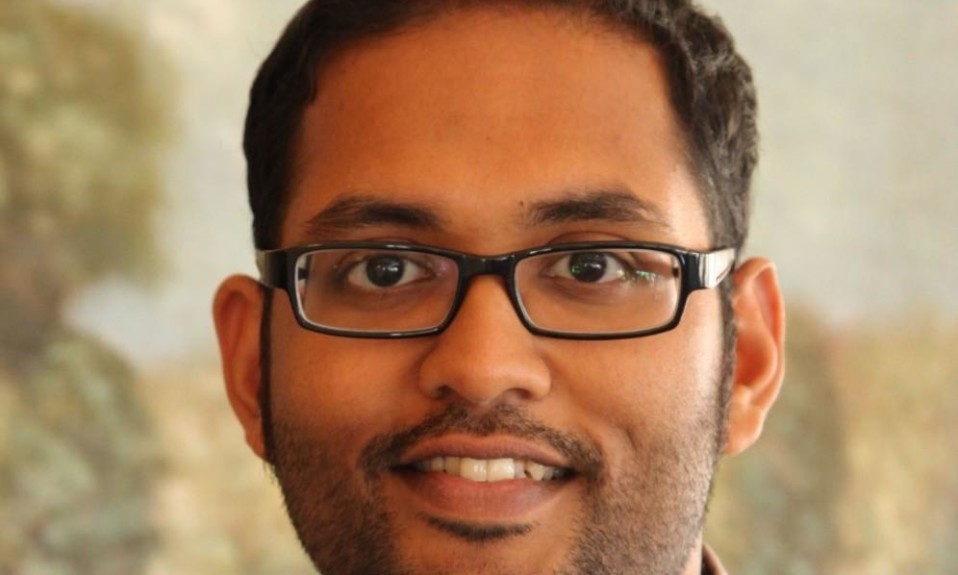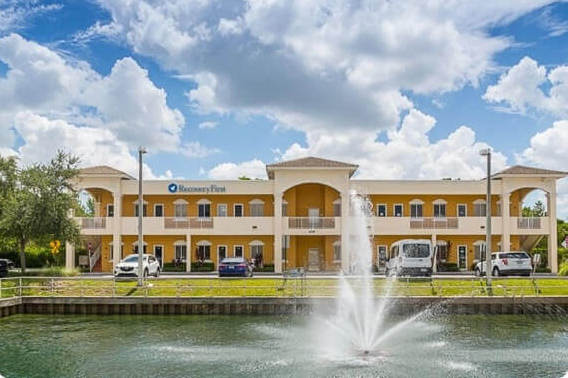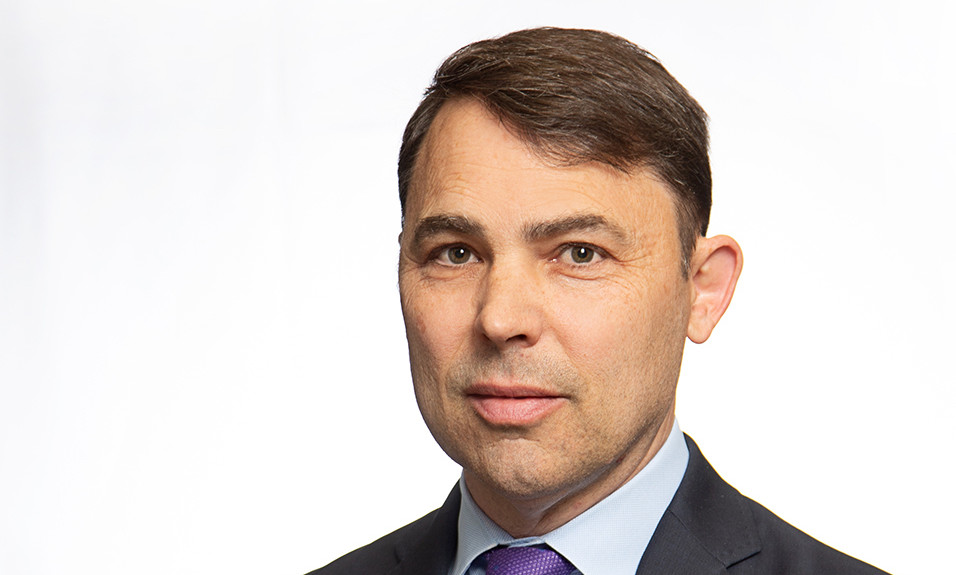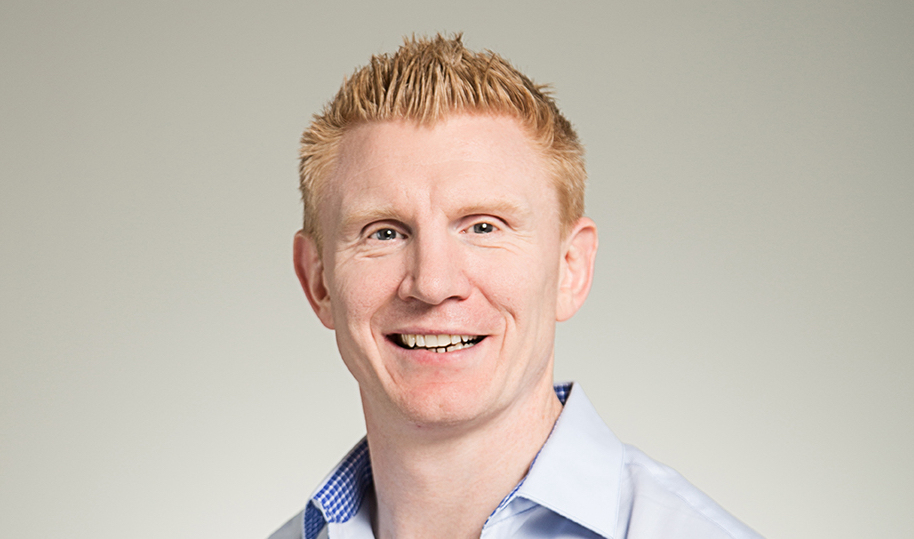As clinical director of the California addiction treatment center, he believes in using all the best evidence-based tools at his disposal
By Jennifer Taylor
April 21, 2021At first glance eight years ago, the future property of Olympia House in rural Sonoma County, Calif., didn’t look very promising to Senadhi Parakrama, Psy.D. Amid the bucolic rolling hills stood a dilapidated building, one long absent of patients. This is not going anywhere, the psychologist thought, considering the ambitious development project to be crazy. Eventually, however, he came around, thinking, You know, what do I have to lose?
Parakrama had just been tapped by Olympia House founder and executive director Wayne Thurston, Psy.D., also a psychologist, to help build a program from scratch as clinical director of the addiction treatment center. The 160-acre site had previously been owned by the Catholic Church and had operated as the nonprofit St. Anthony Farm, a residential drug and alcohol rehabilitation center. Part of its treatment program had included farm work.
Parakrama nostalgically remembers hours spent on a computer at Thurston’s kitchen table while construction of Olympia House was underway. The two pieced together a distinct care plan. Parakrama’s emphasis was on looking at addiction as a dual process, taking into account underlying clinical issues along with substance use disorders, with the intention of treating both simultaneously.
This is a weird thing to say because I’m part of the business, but I’d like to make access to addiction treatment free. I feel like it is a medical condition, and if people need it, everybody should have it.”—Senadhi Parakrama
Today, Olympia House honors St. Anthony’s tradition by providing the same connection to the land. It offers residential and outpatient treatment for substance use disorder and co-occurring maladies such as depression, anxiety, trauma and post-traumatic stress disorder (PTSD), bipolar disorder, eating disorders, chronic pain, cancer, HIV/AIDS and other chronic health conditions. In addition to medication-assisted treatment (MAT), the center’s therapies include cognitive behavioral therapy (CBT), dialectical behavior therapy (DBT), equine-assisted therapy, mindfulness, anger management, group sessions, relapse prevention therapy and peer support groups.
With Olympia House’s “Whatever It Takes” motto as a guiding principle, Parakrama talked to TreatmentMagazine.com about the evolving field and his role in it.
Q: What do you think is most pressing right now in terms of treating addiction?
A: There’s two parts to it. The biggest challenge is financial—being able to provide services for the length of time that people need services, for the complexity of the services, and trying to manage that with insurance.
Then there are people who don’t even have private insurance. Any chronic condition requires ongoing treatment, where the condition goes up and down. The way we people still think about the addiction issue is they’re coming to get cured, [but] that’s really not the reality of chronic conditions.
People don’t come into rehab unless their life is falling apart. It’s not just about the chemical issue, but all elements of life that started to fall apart—legally, relationally, financially and medically. Oftentimes, [people are] only provided a small amount of time to stabilize, and then they have to go back out into the world and deal with this condition.
My biggest focus is looking at this from a medical model. I believe we’re going in that direction as an industry, but it’s still not fully there in terms of how much people see this as a medical condition. The stabilization of this condition is based on the stability of life. If life becomes unstable, the condition becomes unstable.

Q: What’s getting better in the addiction treatment field?
A: I feel like the stigma is going down. Maybe. People are wanting to provide more support in some ways. Even if there’s still a challenge financially, I feel like at least within society, there’s a little bit of a shift in terms of people recognizing this is a challenge that touches a lot of people. I think that started with the opioid epidemic, and it probably continued with how many people struggled during the pandemic.
I was listening to an interview on NPR about how the pandemic has helped more people realize what it’s like to be lonely. When we started going through this, and everybody was really lonely, I started thinking about the recovery community. We know how to do this better than other people, right? This is what we deal with—the loneliness, the isolation. It’s like the rest of the country, the world, was living in the shoes of what people in recovery [consider] their baseline experience.
Q: Why do you feel Olympia House is successful in treating addiction?
A: First, you have to define success. The way I define success is basically people being alive, their lives improving after they leave here and having contact with those people. We have a pretty high success rate on those three.
Our alumni network is very strong, to the extent that the program has been shaped by it. The alumni’s ideas and vision have shaped and completely changed the program in terms of what groups we offer and how we run things. They’re so much a part of the program. To me, I think that’s a success.
Q: Olympia House offers equine-assisted treatment and a connection to nature as part of its program. Why is this an important aspect in treating addiction?
A: It’s super important. Addiction is about the obsession—an obsession with self and an obsession with substance. When you’re not obsessing about a substance, you’re obsessed with you and your life. If you’re going to break out, you have to connect to something bigger than you. It’s the fundamental aspect of the 12-step process. Nature is one of the biggest things that’s bigger than you. If you can connect to nature, the grandeur and the intensity of how big it is. It can create humility. And it can create a certain spirituality and a certain groundedness.
A horse is big. If you have a lot of stuff going on in your head and are stressed out, standing next to a horse it’s hard to think about a lot of other stuff.

Q: What is Olympia House working on innovating?
A: One of our focuses is doing more outcome research, [meaning] defining success and looking at how people are doing and how well our services are improving the lives of people. The other research [is] to improve assessment. For example, people use the “stages of change” model to determine where people are going to go from one stage to the other in addiction treatment.
One of the challenges [is that the model] looks specifically at desire and acknowledgment of addiction issues. But then there are these other issues when it comes to dual diagnosis. Someone could be in a stage of contemplation about their substance use issues, but they could be in complete denial about their trauma. They could be moving steadily toward practice and action in their substance use issues, but the trauma might be a primary issue that’s actually causing relapse. We’re looking at a different assessment. By one assessment they’re going in the right direction and they should be sober. But from another assessment, this person is going to relapse really soon.
I think a lot of [people with substance use disorder] are looking for a home. A place where you feel safe. A place where you feel connected. A place where you feel understood.”—Senadhi Parakrama
Q: What would you like to change about the field?
A: This is a weird thing to say because I’m part of the business, but I’d like to make access to addiction treatment free. I feel like it is a medical condition, and if people need it, everybody should have it.
Q: What is your top treatment takeaway?
A: I think a lot of [people with substance use disorder] are looking for a home, if you define home as a place where you feel totally comfortable with who you are. A place where you feel safe. A place where you feel connected. A place where you feel understood. A place where you don’t feel lonely. A place where you can feel happy. A lot of [people] struggle with finding that all in one place.
Through the path of Olympia House, people are realizing that that space even exists. I think a lot of people didn’t know a space like that existed or could exist for them. The really challenging part is that once you find that place and recognize it exists, that doesn’t mean all of those domains listed are going to be available for you outside of treatment. That causes both an experience of loss and deprivation. That’s what you have to balance in the real world.
That’s definitely why the aftercare has to be targeted for the individual, in terms of what kind of aspects of their life are missing and what parts need to be filled.














